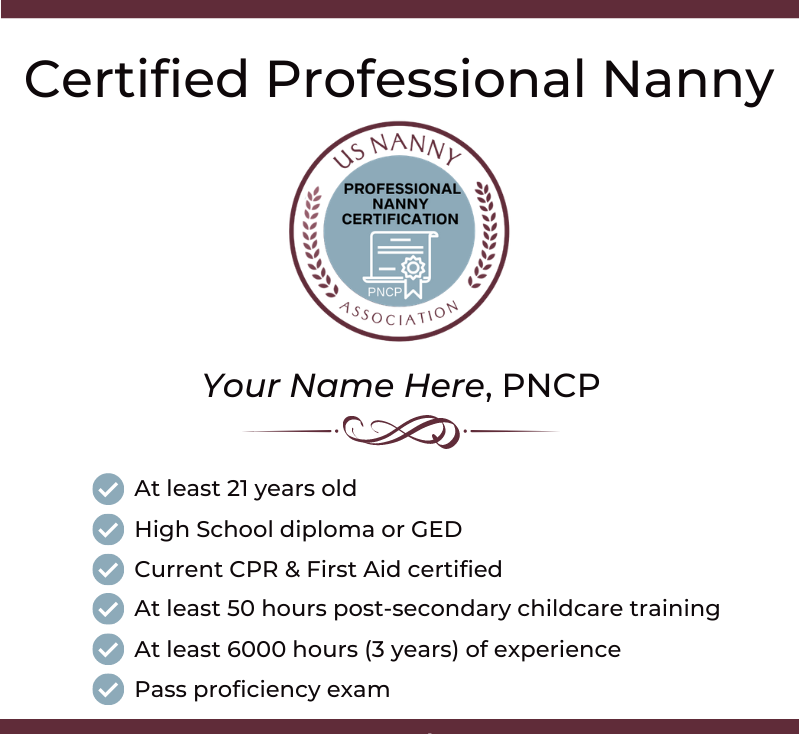Nanny-Family Conflict Resolution: Creating a Harmonious Child-Rearing Environment
Nurturing a harmonious nanny-family relationship is vital for providing children with an environment where they can thrive. However, as with any relationship, conflicts can arise. As an academic expert in early child development, I’m eager to share strategies for effectively resolving conflicts within nanny-family relationships. In this article, we will delve into the significance of addressing conflicts promptly, uncover their root causes, and offer practical approaches to resolving them constructively and positively.
Section 1: The Significance of Conflict Resolution in Nanny-Family Relationships
1.1. Fostering a Healthy Environment for Child Development. A harmonious nanny-family relationship serves as the cornerstone for creating a healthy environment where children can develop emotionally and socially. Unaddressed conflicts have the potential to introduce tension that can negatively impact a child’s emotional well-being.
1.2. Modeling Conflict Resolution for Children. Children are keen observers of adult behavior. How conflicts are managed within the nanny-family dynamic significantly influences their own conflict resolution skills. By addressing conflicts positively, both nannies and parents can serve as role models of constructive behavior for their children.
Section 2: Identifying Common Sources of Conflict To effectively resolve conflicts. It is essential to pinpoint the underlying causes of conflict. Here are some common sources of conflicts within nanny-family relationships:
2.1. Communication Challenges. Misunderstandings and miscommunications often underlie conflicts. Differences in communication styles or unmet expectations between nannies and parents can give rise to tensions that require resolution.
2.2. Role Clarity. Nannies and parents may hold differing expectations regarding the nanny’s role in childcare and household responsibilities. These disparities in expectations can lead to conflicts concerning responsibilities and boundaries.
2.3. Variations in Child-Rearing Philosophy. Divergent child-rearing philosophies and discipline strategies can serve as significant sources of conflict. Disagreements over feeding, sleep routines, and disciplinary approaches may contribute to tensions.
Section 3: Strategies for Constructive Conflict Resolution
Let’s explore effective strategies for positively and constructively resolving conflicts within nanny-family relationships:
3.1. Open and Respectful Communication. The foundation of conflict resolution lies in effective communication. Nannies and parents should engage in open, honest, and respectful conversations to express concerns, feelings, and viewpoints.
3.2. Active Listening. Both parties must actively listen to one another without interruptions. Empathetic listening helps each side understand the other’s perspective and facilitates the discovery of common ground.
3.3. Collaborative Problem-Solving. Collaboration is key to problem-solving. Nannies and parents should work together to identify mutually acceptable solutions that address the root causes of the conflict. Compromise may be necessary.
3.4. Establishing Clear Boundaries and Expectations. Clearly defining roles, responsibilities, and expectations from the outset can prevent conflicts from arising. A written contract or agreement can help clarify these aspects.
3.5. Mediation and Professional Assistance. In some cases, conflicts may persist despite efforts to resolve them. In such situations, seeking the assistance of a professional mediator or counselor can be beneficial in facilitating productive discussions.
Conflict resolution is a vital skill in maintaining a healthy and productive nanny-family relationship. By recognizing the importance of addressing conflicts promptly, understanding their sources, and employing constructive resolution strategies, both nannies and parents can create an environment where children can flourish. While conflicts are a natural part of any relationship, it’s the way we handle them that defines the strength and longevity of those relationships. Within the context of early child development, a nurturing and cooperative nanny-family relationship is an invaluable asset, positively shaping a child’s emotional well-being and social development.
If you are interested in more article and resources that help parents and nannies, join the US Nanny Association. The Association operates as a non-profit, so membership fees go to operating costs

We want to thank all the nannies, advocates and business leaders who provide practical tips and insight to elevate our industry. Thank you for sharing your expertise.
The US Nanny Association issues the highest certification requirements in our industry as they require training, work experience, passing an industry exam, a background check and current CPR and First Aid:
- Certified Nanny
- Certified Newborn and Infant Professional
- Certified Professional Nanny
